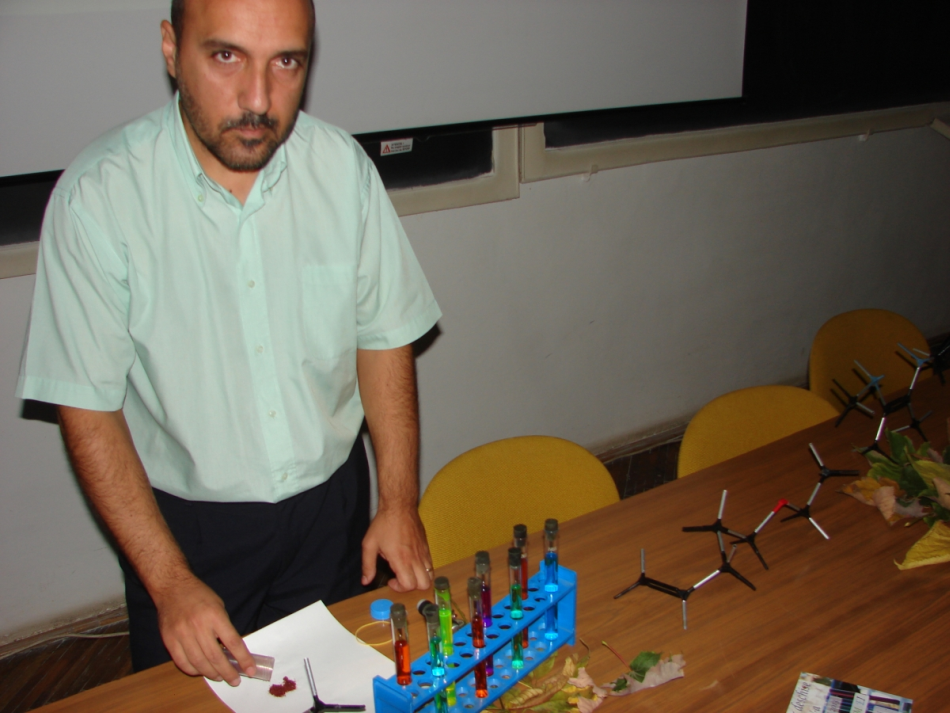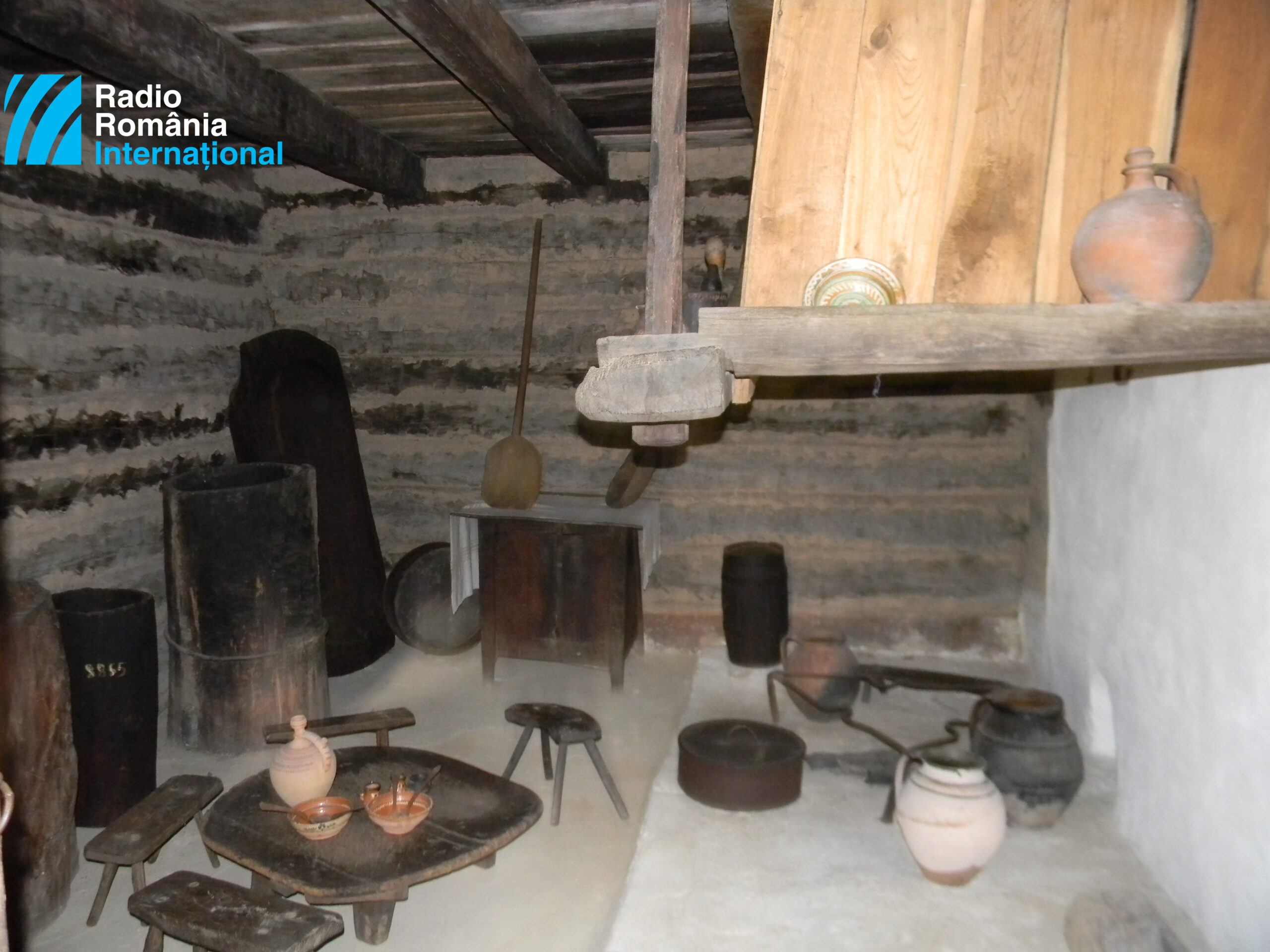Artificial Blood, the Breakthrough of the Century
A team of researchers from Cluj, in central Romania, made a breakthrough that may revolutionise surgery: they came up with a solution to replace human blood in emergency transfusions.

România Internațional, 24.11.2013, 00:22
Radu Silaghi Dumitrescu, the head of the team of researchers who have been working on this project since 2007, has explained to us how artificial blood works:
Radu Silaghi Dumitrescu: “It is a liquid that can be used when people suddenly lose a big quantity of blood. When this happens doctors usually use either blood from donors, which is never enough, or other liquids, whose role is to give the heart something to pump. However, the risk in this latter case is that the body may suffocate. The solution we have created also allows the body to oxygenate. It is an artificial product that can be used instead of blood for several hours and even one or two days to prevent the body from suffocating from sudden loss of blood.”
Other teams, too, have been trying to solve the problem using animal blood as raw material. The team from Cluj, however, has discovered a formula based on a component that can be found in just a few organisms, namely in just one species of sea worms and in several bacteria, which is why it was less known.
Radu Silaghi Dumitrescu says he was lucky to know about the properties of this protein: “This protein is known to specialists as something that sea worms and some bacteria have, but it’s the first time that somebody takes it into consideration as a blood substitute. We think it’s a good substitute because it is very resistant to chemical stress agents, which usually destroy hemoglobin in our blood.”
The fact that this artificial blood can be produced in a lab is a major advantage, Radu Silaghi Dumitrescu says: “It’s a substance just like any other, like, say, aspirin or any other medicine. This is why it can be produced in unlimited quantities and, unlike human blood, can be dried and stored as powder. It can be deposited at room temperature, not in special refrigerators, and, if need be, it can be mixed with sterile water and thus turned into a substitute for blood, whenever necessary and in any condition.”
The idea of finding a substitute for blood has been on the scientific market for years. Many of the conclusions of the Romanian scientists have been published in specialist bio-medical journals, which confirms their validity. Romanian scientists, however, are still reserved in their optimism because, they say, it will take a few more years before they obtain approval to use their invention in humans:
Radu Silaghi Dumitrescu: “All the other teams who have managed to test their inventions on humans failed in those tests. Hundreds of millions of dollars have been invested in this field and it’s becoming more and more obvious that the solution is very close. It’s a privilege to be able to work with four powerful universities from Cluj, not to mention my younger collaborators, doctors in chemistry, doctoral students, and even master and bachelor students. We also collaborate with other teams of biologists, physicists, oncologists and we are lucky that they all work in Cluj. This is one of this city’s strengths, this wide range of specialties and very good equipment and facilities that we have benefited from in the past years. The labs that we work in are very competitive and can be compared with the most advanced labs from more technologically developed countries. Significant investment has been made in Romania since 2007 and we now have all the necessary tools and human resources at out disposal.”
We asked Radu Silaghi Dumitriescu how their substitute for human blood has been received by the medical community: “The international medical community is definitely prepared for this solution. Several rounds of tests on humans have already been accepted, so we cannot talk about reluctance, but we need to see positive results in clinical tests. Seeing how multi-million dollar companies have failed in this respect, doctors will not easily put their patients in the hands of the first scientist who says he made a huge breakthrough. We must be careful about people’s lives. We believe we need another year or two to complete the tests on animals and on cultures of human cells and only then, if the results are good, we can get to the stage where we can test human subjects.”
Finding a surrogate for blood may earn the people who discovered it a Nobel Prize. However, it’s not awards that motivate the researchers in Cluj, but the desire to see their project come to a successful end.






























